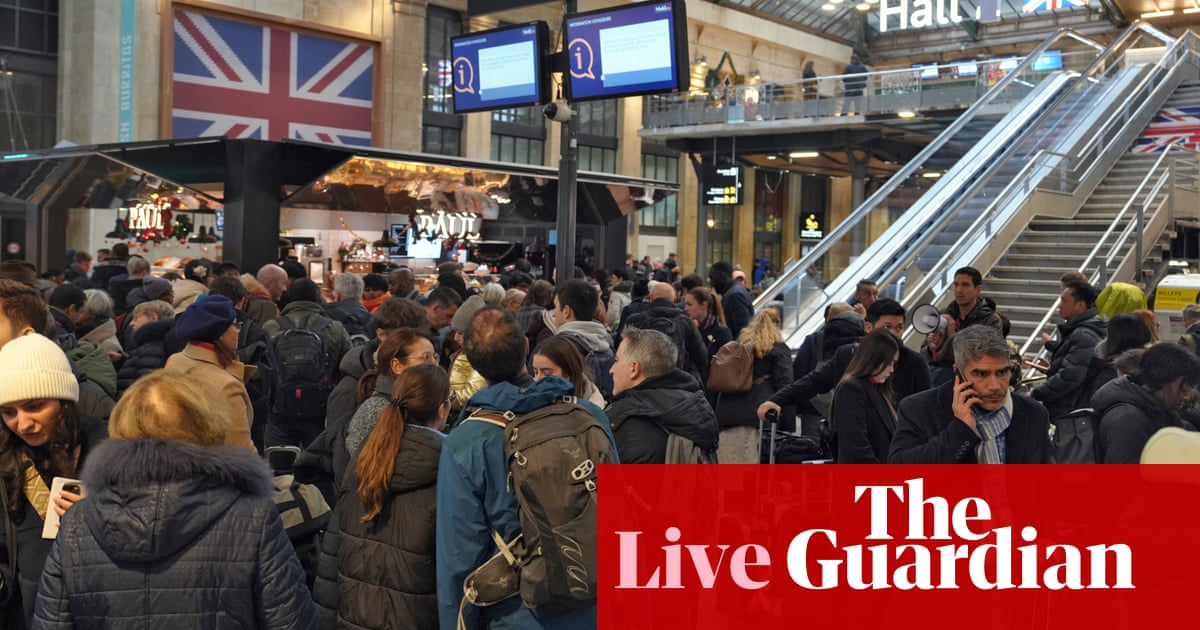
London faced a third day of severe disruption as London Underground workers went on strike for the second time this week.
Transport for London (TfL) said people should expect all tube services across the capital to be suspended on Thursday, and advised passengers to work from home or walk or cycle where possible, or plan for crowding and delay if using other trains or buses for essential journeys.
The 24-hour strike, which started at midnight, follows a similar walkout on Tuesday by members of the RMT union in a dispute over jobs and pensions.
TfL said it would seek to run limited tube services where possible, mainly on outer stretches of lines above ground, but most people should not expect to be able to use the underground at all.
It hoped to avoid any closures on the overground, but rail services are expected to be busy, and many bus routes are likely to be heavily affected by overcrowding and road congestion.
TfL managed to run a few tube trains during the first strike on Tuesday, but commuters in the capital faced severe congestion on the roads, and difficulty on alternative modes of transport. Some London overground services with tube interchanges were also affected.
Many bus services were overcrowded in rush hour, leaving people unable to board and stranded. Large queues for buses and taxis were reported outside mainline rail stations in central London as demand outstripped supply.
The after-effects of the walkout continued into Wednesday, with tube services starting later in the morning than normal, and sporadic disruption continuing on some routes.
Friday morning rush hour is expected to be as disrupted as on Wednesday, with tube services starting only from 8am, TfL said.
The dispute comes as London grapples with the financial crisis caused by plunging fares revenues during the pandemic. The mayor, Sadiq Khan, has agreed to conduct a review of TfL’s pension scheme as a condition of the emergency funding given by central government, and to cut underground staffing levels by about 10% by not replacing station workers when they leave or retire.
The RMT has accused the government of “cynically engineering a crisis”, and said Khan needed to stand up for transport workers. The general secretary, Mick Lynch, said: “If Sadiq Khan spent as much time putting pressure on ministers for a long-term TfL funding deal, instead of accepting their cuts agenda and attacking our members, there would be no need for a strike.
“However, as it stands, tube staff face a raid on their pensions and at least 600 job cuts if the government get their way.”
Andy Lord, TfL’s chief operating officer, apologised to customers and said he “understood they will be frustrated by this strike action”. He added: “We haven’t proposed any changes to pensions or terms and conditions, and nobody has lost or will lose their jobs because of the proposals we have set out, so this action is completely unnecessary.”
TfL said it remained available for talks but was not expecting the strike to be averted. The RMT said the strike would go ahead again as planned.












